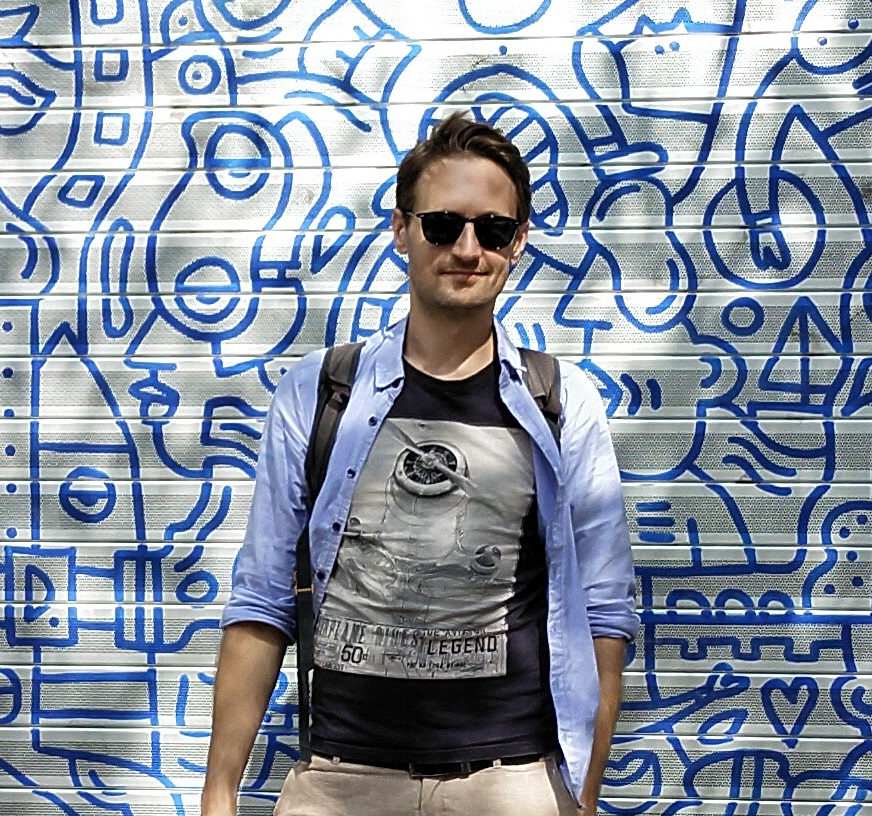My research
In my scientific work one of my main interests is in social, psychological and neural mechanisms of self and identity.
THEORY
In my theoretical work I attempt to answer the questions: What is the self, how different types of self and identity relate to each other, and how cognitive development can be leveraged to dissociate them? Self and identity are extremely important in a wide range of disciplines starting with philosophy, through neuroscience, psychology, and ending with sociology and political science. Understading what is our self has also a range of practical implications in medicine, robotics, virtual reality, joint action, and politics. However, the self is usually understood in radically different ways in each of these contexts. My theoretical work attempts to show how these different understandings relate to each other, especially in the context of cognitive mechanisms that underpin them.
Woźniak, M. (2018) “I” and “Me”: the self in the context of consciousness. Frontiers in Psychology, 9, 1656.
Woźniak, M. (2024). How to grow a self: development of self-representation in the Bayesian brain. Frontiers in Human Neuroscience, 18
RESEARCH
Plasticity of self-representation
There are aspects of the self that are stable across our lives and others that change in shorter and longer time scales. Recent studies showed that we can easily associate even completely arbitrary information with the self, and as a consequence such information become processed in a preferential way. I use this finding to investigate how we integrate new abstract information and how we integrate digital and robotic bodies into our self-representation.
Neural mechanisms of self-representation
I am also interested in how we represent ourselves on a neural level. I conduct EEG and FMRI studies looking at neural correlates of processing of newly self-associated information. I am especially interested in investigating how we incorporate avatar and robot bodies into our self-representation and whether it involves neurocognitive processes that are primarily responsible for our abstract or bodily self-representation.
Autonomy in Human-Robot and Human-AI Interaction
Until recently robots were either teleoperated by people or programmed to act in a relatively transparent and straightforward way. However, recent developments in artificial intelligence allowed robots, as well as other forms of artificial agents, to act with a high degree of autonomy. In this line of research I investigate how autonomy influences interactions with the interactive robots, as well as our tendency to self-identify with semi-autonomous robots that we control. These results are intended to help build better autonomous robotic and AI systems.
Self and other in joint action
The ability to distinguish between self and other is critical when we interact with other people. A part of my research involves investigating neurocognitive mechanisms at play when we either do a task together with another person (joint-action partner), or when we act through another agent (our avatar).
Cultural evolution of the self
Our self-representations are shaped by society and culture, and vice versa. My other line of research attempts to investigate this bidirectional interaction by employing methods from the field of cultural evolution theory. This involves looking at how processes of cultural transmission affect information about our social identity: the groups that we belong to.
